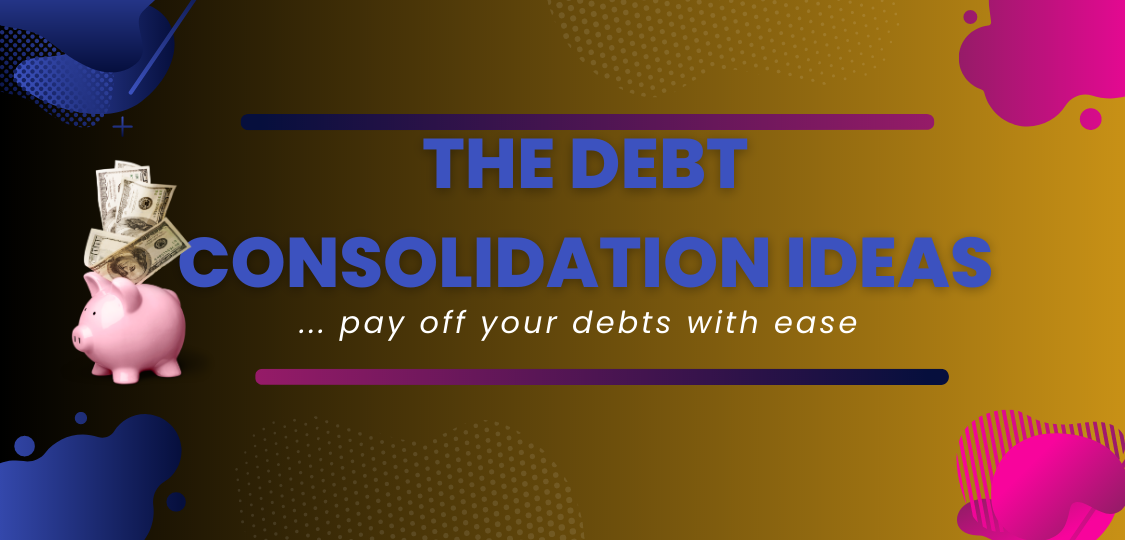Introduction
Debt can be overwhelming, and if you’re searching for solutions, you’ve probably come across Freedom Debt Relief (FDR). But does it really work? Is it worth it? In this in-depth review, we’ll break down everything you need to know about Freedom Debt Relief, from its services and customer reviews to pros, cons, and alternative options.
What is Freedom Debt Relief?
Freedom Debt Relief is one of the largest and most well-known debt settlement companies in the United States. Founded in 2002, FDR helps individuals negotiate with creditors to reduce their overall debt burden. Unlike debt consolidation, which combines multiple debts into one loan, debt settlement involves negotiating directly with creditors to settle for less than what is owed.
How Does Freedom Debt Relief Work?
Freedom Debt Relief follows a structured process:
- Free Consultation: You start by speaking with a certified debt consultant who reviews your financial situation and determines if debt settlement is a suitable option.
- Creating a Personalized Plan: If you enroll, you stop making payments to creditors and instead deposit funds into an FDIC-insured escrow account.
- Negotiation: Once enough funds accumulate, FDR negotiates with creditors to settle your debts for a lower amount.
- Settlement & Payment: After successful negotiation, you approve the settlement, and funds from your account are used to pay the creditor.
- Completion: Once all enrolled debts are settled, your program is complete, typically within 24-48 months.
Pros and Cons of Freedom Debt Relief
Pros:
✅ Reduces Debt Amount: Customers may save 20-50% on their total debt. ✅ No Upfront Fees: You only pay once a settlement is reached. ✅ Expert Negotiators: FDR has years of experience dealing with creditors. ✅ Avoid Bankruptcy: A potential alternative to filing for bankruptcy. ✅ Customized Plans: Tailored to fit individual financial situations.
Cons:
❌ Credit Score Impact: Your credit score will take a hit since you stop making payments to creditors. ❌ Not All Debts Qualify: Secured debts like mortgages and auto loans are not eligible. ❌ Possible Legal Action: Creditors may still pursue legal action for unpaid debts. ❌ Fees: Fees range from 15-25% of the total enrolled debt.
Who Should Consider Freedom Debt Relief?
Freedom Debt Relief is best suited for individuals who:
- Have unsecured debt (credit cards, personal loans, medical bills) exceeding $7,500.
- Are struggling to make minimum payments or have already fallen behind.
- Want an alternative to bankruptcy.
- Are willing to endure a temporary credit score drop for long-term financial relief.
Freedom Debt Relief Customer Reviews
Positive Reviews
Many customers report significant debt reduction and financial relief. Here are some common praises:
- Successful settlements: Many users have settled debts for 40-50% less than they owed.
- Helpful customer service: FDR’s customer support receives praise for being informative and responsive.
- Flexible program: Some customers appreciate the ability to pause payments when needed.
Negative Reviews
However, some customers have concerns:
- Credit score drops: Some users didn’t anticipate the temporary credit damage.
- Settlement times: Some customers feel the process takes longer than expected.
- Fees: While FDR's fees are standard for debt relief companies, some customers find them high.
Freedom Debt Relief vs. Other Debt Relief Options
| Debt Relief Option | How It Works | Pros | Cons |
|---|---|---|---|
| Freedom Debt Relief | Negotiates lower debt settlements | Reduces total debt, avoids bankruptcy | Impacts credit score, fees apply |
| Debt Consolidation | Combines multiple debts into one loan | Lower interest rates, fixed payments | Requires good credit to qualify |
| Credit Counseling | Financial coaching and debt management plans | Improves financial literacy, no credit damage | May take longer to become debt-free |
| Bankruptcy | Legal process for discharging debt | Eliminates most debts | Severe credit impact, legal fees |
Steps to Enroll in Freedom Debt Relief
- Call for a Free Consultation – Speak with a debt consultant.
- Enroll in the Program – If approved, stop making payments to creditors and start saving in a dedicated account.
- Start the Negotiation Process – FDR negotiates with creditors on your behalf.
- Approve Settlements – You approve or decline settlement offers.
- Complete the Program – Once all debts are settled, you’re debt-free!
FAQs About Freedom Debt Relief
1. Will Freedom Debt Relief hurt my credit score?
Yes. Because you stop making payments to creditors, your credit score will drop. However, once debts are settled and you rebuild credit, your score can recover.
2. How much does Freedom Debt Relief charge?
Fees range between 15-25% of enrolled debt. Fees are only charged after settlements are reached.
3. How long does the program take?
Most people complete the program within 24-48 months, but timing depends on debt amount and negotiation speed.
4. Can I cancel the program?
Yes. You can withdraw at any time, but there may be financial consequences.
5. Is Freedom Debt Relief a scam?
No. Freedom Debt Relief is a legitimate company with over 20 years of experience and accreditation by the American Fair Credit Council (AFCC).
Final Verdict: Is Freedom Debt Relief Worth It?
Freedom Debt Relief is a solid choice for individuals struggling with unsecured debt who are looking for an alternative to bankruptcy. While it does have downsides, such as a temporary credit score drop and fees, it offers a structured, legal, and effective way to reduce overall debt burden.
If you’re considering Freedom Debt Relief, start with a free consultation to determine if it’s the right fit for your financial situation.
SEO & Ranking Strategy for This Article:
- Keyword Placement: 'Freedom Debt Relief Reviews' appears naturally throughout the article.
- Long-Tail Keywords: Included phrases like 'Is Freedom Debt Relief legit?' and 'Freedom Debt Relief fees.'
- Engaging Format: Headers, bullet points, and tables enhance readability.
- User Intent Focused: Answering FAQs improves search rankings.
Have you used Freedom Debt Relief? Share your experience in the comments below!
